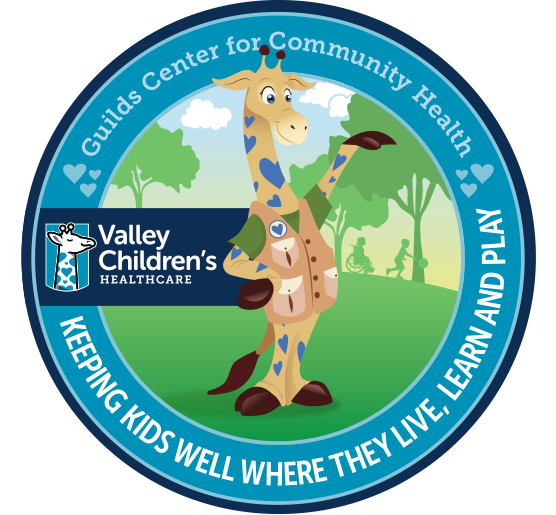 |
This article is brought to you by the Guilds Center for Community Health quarterly publication, State of our Children 360. To receive the newsletter, please visit the Center's website.
|
Literacy levels play an important role in the overall development and well-being of a community. Early childhood literacy is the foundation that education is built upon. That foundation refers to a child’s ability to read, write and better understand information. As they grow, literacy empowers kiddos to access and evaluate information, communicate more efficiently and participate actively in society.
Librarians are at the forefront of community literacy efforts, serving as guides, facilitators and advocates for their users – children and adults. Their expertise and resources help contribute to improving literacy levels, empowering individuals and fostering community development.
Studies have shown that children from lower socioeconomic groups start kindergarten having heard up to 30,000,000 words fewer than their peers from higher socioeconomic groups. This puts some kiddos behind reading levels from the start, making it more difficult to advance at the same reading grade pace as their peers. Not being able to keep up with grade levels due to literacy leads to struggling in class, acting out, potentially dropping out of school and more.
As a result, improving access to books is a central priority for librarians as it can encourage family reading and talking. Interfamily communication builds the levels of words heard, prepares kiddos for school and helps them keep the pace they need to succeed. Additional benefits of literacy include:
- Economic growth and prosperity enabling individuals to acquire language skills, seek better job opportunities and contribute to the workforce. A literate community is more likely to attract investments, create businesses and foster innovation.
- Enabling individuals to access and understand various subjects empowering them to pursue higher education and engage in lifelong learning.
- Enhancing critical thinking, problem-solving and analytical skills, which are essential for personal and professional development.
- Empowering individuals to participate actively in democratic processes, engage in civic affairs and exercise their rights and responsibilities. It enables them to understand laws, policies and regulations, fostering an informed and engaged citizenry.
- The promotion of social inclusion and cohesion slowing individuals to communicate, connect and collaborate more effectively, fostering strong relationships and community bonds.
- Providing access to literature, culture and shared knowledge, enriching the social fabric of a community.
Overall, librarians in the community play a vital role as information professionals and advocates for lifelong learning. Some key roles and contributions of librarians in literacy efforts include providing access to a wide range of reading materials, educational resources and digital technologies. They curate collections, maintain databases and ensure that community members have access to diverse and relevant information.
Librarians also organize reading programs, start book clubs, and create literacy initiatives to foster a love for reading and lifelong learning. They create age-appropriate materials, recommend books and provide guidance to readers of all ages. For most, their purpose for doing so starts with their very own passion for reading … a passion that truly serves a greater purpose.
Authored by: Brian Baker, Valley Children’s Library Service Program Manager

About George's Book Club
At Valley Children’s Healthcare, our Literacy Program is known as George’s Book Club and has a mission to put a brand new book in the hands of any patient at our hospital who wants one. Kids get to keep all books, and many of our out-patient clinics also have books available for patients and siblings. We encourage staff to talk with parents or caregivers on the importance of reading to or with children. To support George’s Book Club or to donate, learn more here.
